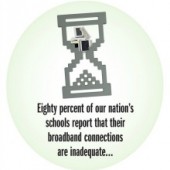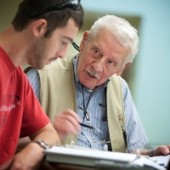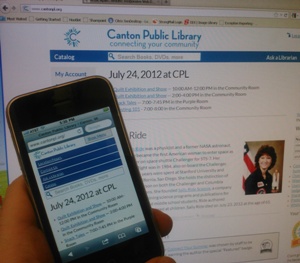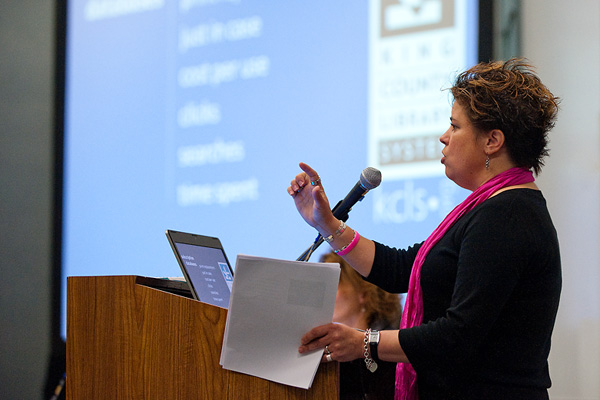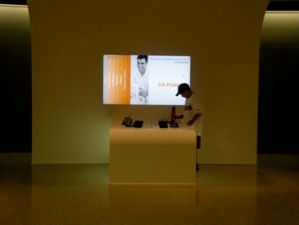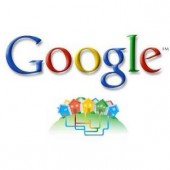
Google’s entry into the Internet provider business in Kansas City, KS, and Kansas City, MO, is moving ahead, thanks to a last-minute rally by community groups earlier this month that will enable about 89 percent of both cities to access the service – including many public libraries and schools.
